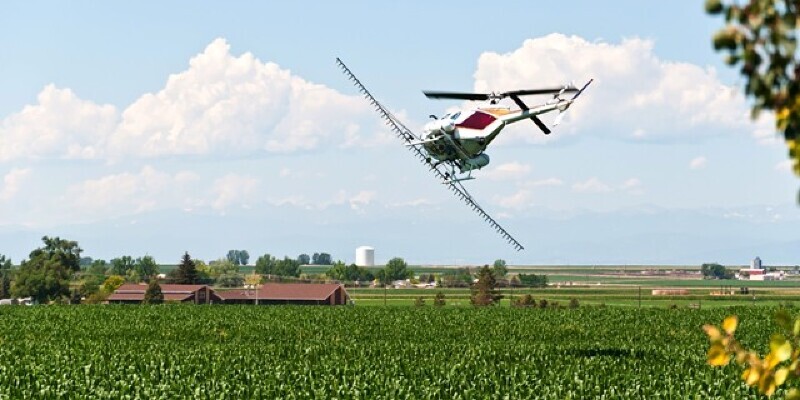
Can I Feed Lemon Juice to Plants?
November 10, 2020
Everything in moderation: a motto not just for life, but also for gardening. Lemon juice exemplifies this perfect, being a fluid that can aid your plants or damage them, depending on how it’s utilized. Adding small amounts of lemon juice into the ground makes the soil more acidic, altering the pH, but pouring it over the plant’s leaves can burn them and kill the plant.
Using Lemon Juice Properly
In places with slightly alkaline soils, or soils where the pH is greater than 7, using diluted lemon juice once a month helps keep the dirt nearer to a neutral pH of 7. It can also help keep neutral soils more friendly for acid-loving plants, including rhododendrons (Rhododendron spp.) , which develop in U.S. Department of Agriculture plant hardiness zones 4 through 9. For the solution, mix 2 tbsp of lemon juice in 1 gallon of water and then pour the mixture directly onto the soil. Pouring lemon juice, even diluted, onto the leaves can cause them to shrivel, undermining the plant’s capability to perform photosynthesis. This is handy in case you’re trying to get rid of weeds, but not with plants you want to stay alive.